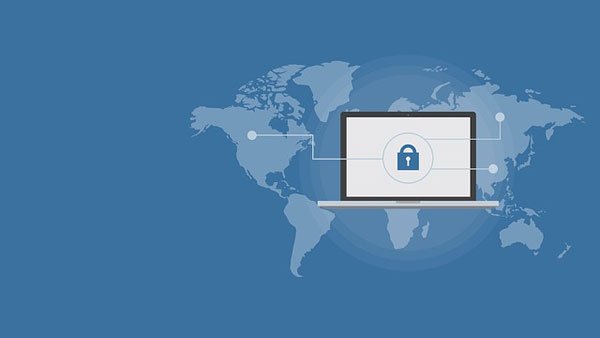Tag: Computer Security

Top 10 Computer Security Mistakes
So you’ve gone out and purchased a brand new laptop, and now you have plans of using that laptop in the workplace. Well, for anyone who has experience running a company, knows that laptops can be conduits for spyware and viruses. Once data is being processed, thought must go into who is capable of stealing it, where they might store it, how they could archive it, and how valuable the data is to the company. Well, if you want to ensure you’re never in any unfortunate positions, then I suggest you check out my list of common mistakes most new computer users make. 1. Connecting to an Unsecure Network If the network is open, then it should be fine for you to connect to, right? I wouldn’t say that. You should always be suspicious of open networks, especially ones at hotels and airports. If it’s possible for you to connect to a network without using a password or agreeing to any terms, then there is a good chance you could be leading yourself into a trap. 2. Opening Attachments from Unsolicited Emails You want to check the content of your emails, if anything in it looks suspicious, or if the sender is asking you to do something that you do not feel comfortable doing then there is a good chance its spam. Check the sender, if you’re not familiar with the person, then try searching for the email on any of the major search engines. If you’re at your workplace, then consider contacting your email administrator for verification on whether or not the email is spam. 3. Using Common Passwords While the vast majority of people are wise enough not to fall into this trap, especially when signing up for services online, there are still many work colleagues that have a knack for using basic passwords, like their birthday or their username123. You’ll want to re-work your password by combining uppercase letters, numbers and uncommon symbols. If you chose London as your password, then you could rejig it to something like L0nd3N. Even though it isn’t the most complex password, it would be much more difficult for a hacker to guess. 4. Not Making Backups When it comes to archiving files, many end users make the common mistake of backing up data too infrequently. I can see how the lazy approach can be more comforting, but if your company files are that important to you, then you’ll want to ensure that they are backed up as often as possible, using a number of different mediums, such as the cloud, external hard drives, etc. 5. Leaving Your Webcam Enabled It’s a great idea for you to familiarise yourself with your webcam so that you can determine when it’s disabled or active. Hackers are very adept at hacking into your webcam, especially in the workplace, and they can even record meetings if you’re not careful. Covering the webcam with tape won’t do much since audio can still be recorded; it’s for this reason why you’ll want to ensure its disabled when not in use. 6. Searching the Deep Web The deep web, unfamiliar to most internet users, is the shady part of it, not accessible from the major search engines like Bing and Google. Work systems should be used for work only, there are many deep websites out there that will stick malicious code onto your computer and use that to track whatever you say and do. 7. Assuming Your Hard Drive Will Never Fail In this world, there are two different kinds of computer users, those who have lost computer files and those who will eventually lose computer files. You want to back things up as often as you can. You also want to think about alternative media, like using an external hard drive to save certain confidential data onto it. 8. Using a Suspicious Thumb Drive Everyone needs a place to store their work documents. If you’re in the office, it’s not uncommon for you to find a thumb drive lying around. My advice is not to use it, especially if you don’t know where it came from, that’s because there’s a good chance it could have a virus on it. 9. Using the Same Password across Accounts It’s very important that you make a habit of changing your passwords. It’s not uncommon for end-users to keep the same password for many years. That is something you do not want to do. For business-critical, sensitive data, you want to ensure that all passwords are changed at least once every three months. Make sure all your accounts have different passwords. Having multiple passwords for your many accounts reduces the chances of all your accounts being compromised. With the increasing amount of cyber-attacks, the age of your password, along with its length and complexity are far more important today. 10. Agreeing to Install Anti-Virus Software Have you ever visited a website that asked you whether or not you wanted to check your system for a virus? You may have asked how or why it knew you needed a virus scan. In most cases these prompts to install antivirus software are in fact attempts to install malicious software on your system. Read Also : Would Your E-commerce Website Pass The Cybersecurity Test? Here Are 3 Things You Could Be Doing Wrong How To Securely Wipe Your Confidential Data From A Hard Drive
READ MOREDetails















